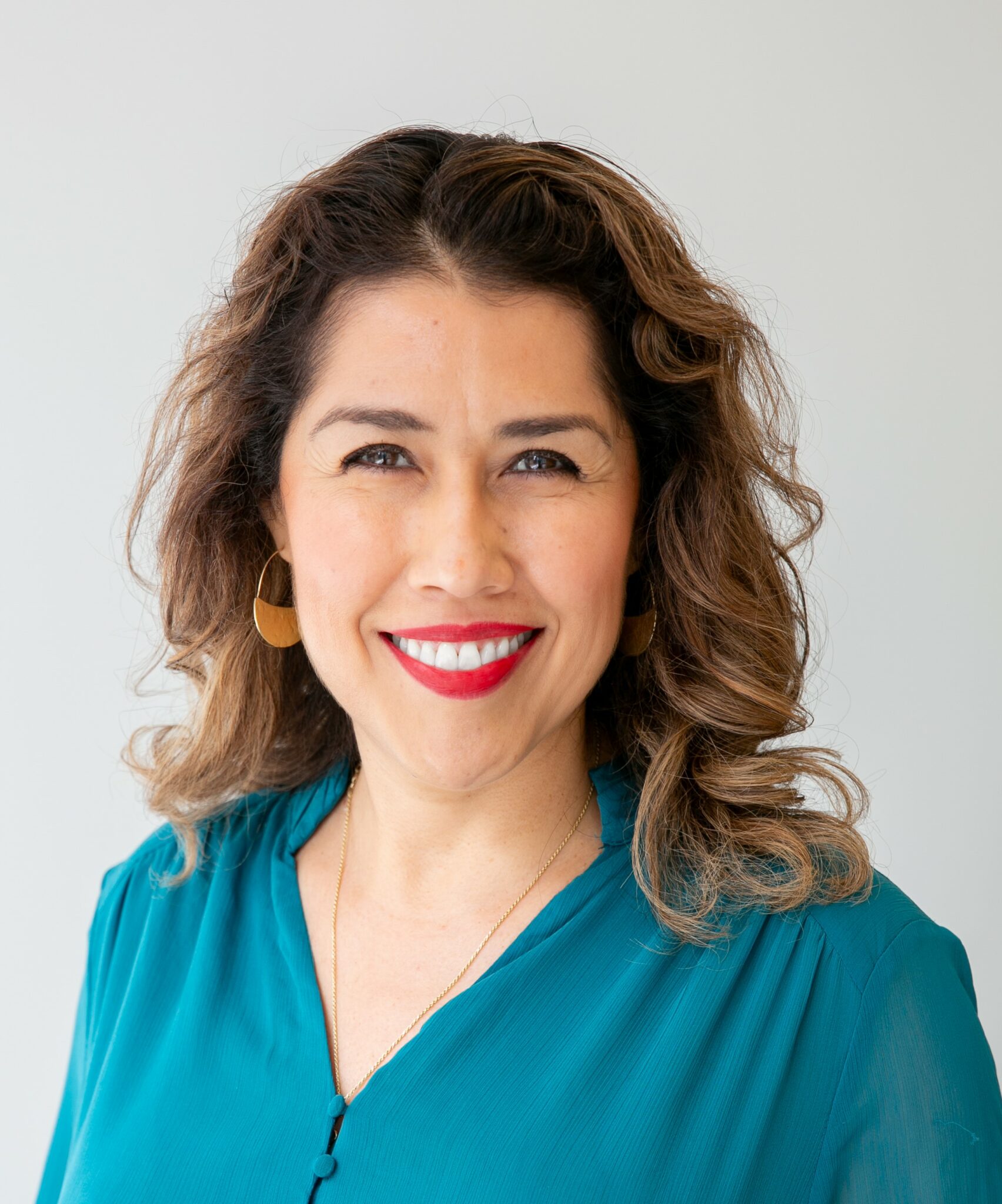If you know you have a future in the dynamic world of patient care, you’re likely wondering how to start achieving your career goals and making a difference in your community. Of course, the first step in any journey is preparation — and that’s where nursing education comes in.
The good news is that nursing colleges — and the programs they offer — come in all shapes and sizes, serving students from San Diego to New York City and everywhere in between. No matter what your future looks like, there’s a path for you.
But how do you choose that path when there are so many education options available? For example, how do you decide between an Associatе Dеgrее in Nursing (ADN) and a Bachеlor of Sciеncе in Nursing (BSN) degree? Here’s what to know and how to get started.
ADN and BS in Nursing: Key Definitions
Before you roll up your sleeves and dive into extensive research, it helps to know the basics. Here are a few things to keep in mind about nursing education options:
Pre-Licensure Nursing Programs
Pre-nursing programs act as stepping stones. The idea is to complete your general education courses while getting a peek at the responsibilities and day-to-day life of a registered nurse (RN). These programs are ideal for students who haven’t decided what they want to do yet or want more information before committing to a four-year health care degree.
A pre-nursing path can often be completed in one to two years. After that, you can transition smoothly into a BSN degree.
Associate Degree in Nursing
An ADN is much like any other associate degree. It can be started right after earning a GED or completing high school — and, in some cases, you may be able to work on this degree before you’ve even graduated. It generally takes two years to complete an ADN, after which you should be ready to take the NCLEX-RN® exam. This is the minimum requirement to become a registered nurse (although you may be able to complete a separate nursing diploma and the NCLEX-RN® exam instead).
While you can be an RN with an ADN, many choose to pursue higher nursing education with a bachelor’s degree.
Bachelor of Science in Nursing
BS in Nursing programs can be pursued right out of high school or after earning a GED; these are called pre-licensure nursing programs because they’re completed before you take the NCLEX-RN® exam to earn your license.
No matter what path you choose to get there, the outcome is the same: BSN-prepared nurses have more career opportunities, higher earning potential and more of the skills necessary to excel in health care.
Benefits of an ADN
While an ADN certainly isn’t the highest level of nursing education you can achieve, that’s no reason to overlook this degree path. An ADN has numerous benefits, including:
Faster Career Launch
You can complete an ADN in a much shorter period — sometimes just one year. That means you’ll be ready to take your exam, earn your license and get started in professional health care with little delay. This is great news for students who already know they want to be an RN, want to get on-the-job experience or have a specific employment opportunity in mind. Plus, with built-in NCLEX-RN® preparation and a clear path to numerous entry-level positions, ADNs are a great launching pad for a future in nursing.
Lower Costs
Tuition fees can differ between nursing colleges and programs; there may even be cost variations between online, hybrid and in-person options. However, generally speaking, ADNs are less expensive than BSN programs — and that means less buildup of student loans, too. This makes nursing education more accessible and allows you to start making money faster — which in, turn, enables quicker repayments and more opportunities to pursue higher education later on.
Gradual Progression
If you don’t have the time, money or confidence to pursue a four-year degree just yet, an ADN is a perfect first step. You won’t have to commit to a full BSN degree to experience the health care industry firsthand — and if you want to expand your career opportunities in the future, some ADN credits can transfer and help you get a head start on your bachelor’s degree.
Specializations
While an ADN is a great way to reach entry-level positions such as Staff Nurse or Registered Nurse, you can also get additional training and certification for specialization. That means you’ll be eligible for more advanced roles in areas like pediatrics, geriatrics or critical care.
Benefits of a BSN Degree
Of course, you shouldn’t immediately commit to an ADN until you’ve considered accredited pre-licensure BSN programs, too. Remember that you can complete these right out of high school or after pre-nursing programs.
Benefits of a BSN degree include:
More Comprehensive Education
Both ADN and BSN programs prepare you for licensing exams and a nursing career, but a BSN is more comprehensive, covering leadership, ethics, research and more. This is ideal for students who are confident in their path and want to start becoming well-rounded health care professionals with strong foundational skills.
Increased Career Flexibility
You can be an RN without a BSN, but you may not have as many opportunities. That’s because BSN-prepared nurses are better equipped to handle more complex positions and responsibilities, particularly in a fast-changing health care landscape. Plus, as hiring becomes increasingly competitive, it’s helpful to have a BSN to stand out from other applicants — particularly in more specialized roles. Additionally, nurses with BSNs may have increased earning potential than those with ADNs.
Leadership Skills
BSN education isn’t just about patient care — it’s also about preparing nurses for careers where leadership, management and teaching are key. This helps students gain access to more comprehensive positions, including supervisory and administrative roles, and advance more quickly in their careers.
Research-Based Practice
As health care becomes more complex, nurses are constantly asked to refine their knowledge and approach. BSN programs create a foundation for working with advanced research, teaching students to closely examine evidence and draw conclusions that will help them stay ahead of changes in the industry. This doesn’t just help improve patient care; it also helps develop nurses with better decision-making and analytical skills.
Career Advancement
BSN-prepared nurses are well-positioned to move into more specialized roles, particularly those where additional training and certification are required. That’s because BSN work builds necessary skills for graduate-level education and roles such as Nurse Practitioner or Nurse Anesthetist.
There’s also more career variation available to nurses with BSNs. For example, you can choose to move into public health settings, collaborate with entire communities to improve outcomes and address common challenges, or pursue a research career where your work will contribute to advancements in nursing science. You could even turn your education into a teaching position to help shape the future of the entire industry.
Associate Degree in Nursing or BS in Nursing?
Now that you know what you’re looking at, it’s time to answer the big question: Are ADN or BSN programs a better fit? Although this depends entirely on your preferences, needs and future plans, there are always resources to help you make your decision.
Remember to consider these details when choosing a path:
Finances
Right away, you’ll need to decide if it’s reasonable to pay for a bachelor’s degree at this point in your life. For many students, the answer is yes — particularly because of the advanced earning potential a BSN can secure in the health care industry. Don’t forget that there are plenty of financial aid opportunities, too. However, for other students, now may not be the time to pay for a four-year degree; instead, an ADN may be more achievable. After all, you can always go back to school later.
Commitment
Are you ready to commit to four years of nursing education, or do you want a chance to test the waters? Your comfort level in this area is a huge consideration. Don’t be swayed to make one choice or the other because of what your peers are doing; instead, think about what works for you right now — because your future patients are counting on you to make the choice that will turn you into the best nurse you can be.
Career Progression
According to the Bureau of Labor Statistics, registered nurses could make more than $81,000 per year. However, that depends on what role you’re able to secure — which, in turn, depends on how much education you pursue. An ADN puts you on the path toward entry-level roles and more immediate income to potentially pay for more education later on; meanwhile, a BSN takes a bit longer but opens up more advanced opportunities, including leadership roles, with higher earning potential.
Nursing Education Considerations
Although you’re always at the helm of your learning journey, remember that the institution you choose will have a significant impact on your future. Look for these must-haves when researching nursing colleges:
- Accreditation. Accredited programs have been vetted to ensure you’ll be prepared for exams and real-world responsibilities alike. Look for accreditation from thе Accrеditation Commission for Education in Nursing (ACEN), the Commission on Collеgiatе Nursing Education (CCNE) or the American Association of Colleges of Nursing (AACN).
- People. A college’s values go a long way, but its people are what make it powerful. Evaluate faculty qualifications, program goals, institutional reputation and more to ensure you get the best outcomes.
- Location. Sometimes you need to go beyond your hometown to bring new expertise back to your community or to find a new place that needs you. With clinics and nursing programs in NYC, San Diego and more, Pacific College of Health and Science doesn’t just provide an education — we also help you discover where you belong.
Reach for Your Career Goals
The first step in an incredible career is an equally incredible education. At PCHS, we know that it can be challenging to make these decisions — so we’re always here to help you find the path that will help shape your future. Whether you want to learn more about BS in Nursing programs, holistic nursing careers, certificate opportunities or the health care industry itself, we have educational resources that can answer your questions.
Ready to learn more about our online coursework and hands-on lab and clinical experiences? Learn more about PCHS right here.
Featured Posts:





